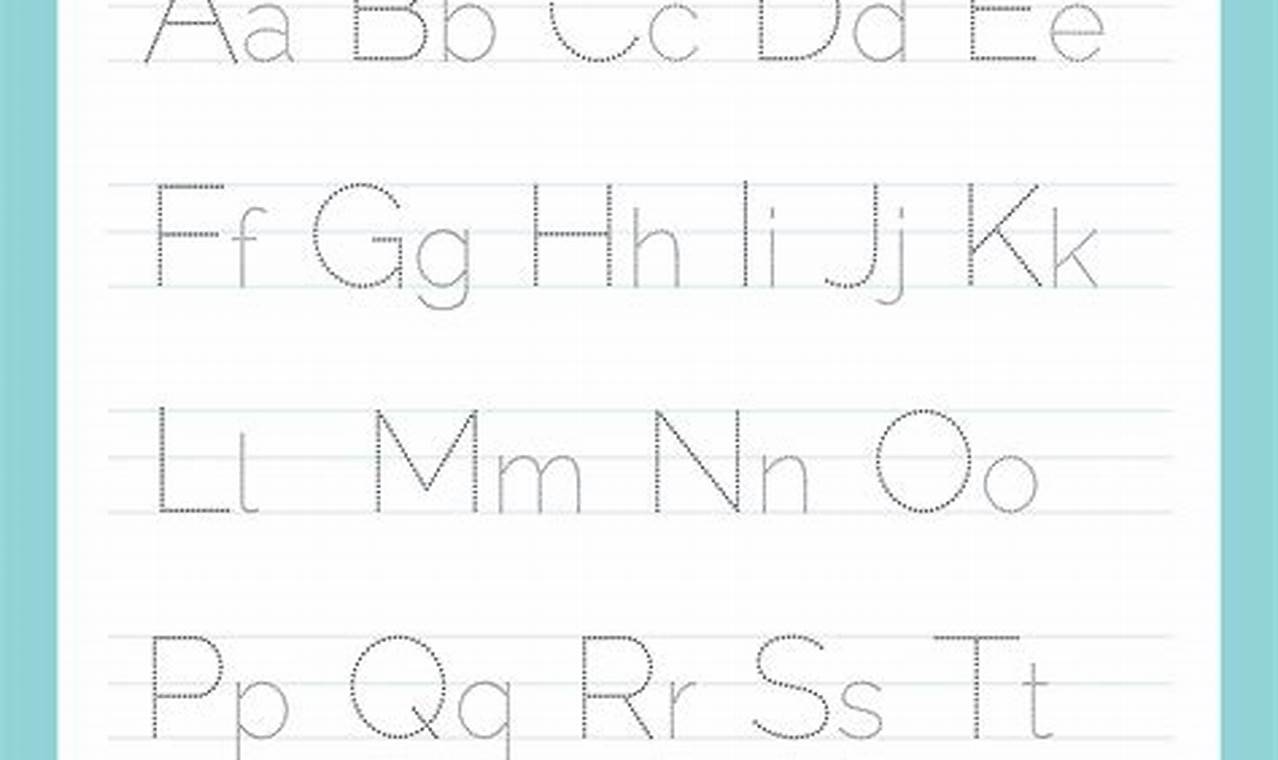Dream journaling offers a valuable avenue for children to explore their subconscious and develop early writing skills. The ability to record and reflect upon dreams fosters creativity, self-awareness, and narrative construction. A tool that supports this process, such as a focused worksheet, can make dream journaling more accessible and enjoyable for young learners.
Utilizing an “alphabet tracing for dream journaling” worksheet provides several key benefits. It strengthens fine motor skills through the act of tracing letters. This enhanced dexterity directly translates to improved handwriting. Furthermore, the worksheet reinforces letter recognition and promotes a deeper understanding of alphabetical order. Combining alphabet practice with the engaging topic of dreams makes learning both effective and fun.
The “alphabet tracing for dream journaling” worksheet typically contains uppercase and lowercase letters, presented in a clear, traceable format. Each letter may be accompanied by an image or short, dream-related word to enhance engagement. Ample space is provided for children to practice tracing each letter multiple times. The worksheet is designed with bold, easy-to-follow lines, ensuring that children can clearly see the correct formation of each letter.
To use the worksheet effectively, begin by providing a comfortable and quiet workspace. Encourage the child to use a thick pencil or crayon for better grip and control. Start by tracing the letters slowly and carefully, emphasizing the correct stroke order. Break the activity into smaller sections, focusing on a few letters at a time, to prevent fatigue. Offer positive reinforcement and encouragement throughout the process, celebrating each accomplishment.
For continued alphabet learning and dream exploration, consider incorporating related activities. Reading books about dreams or keeping a dedicated dream journal with blank, lined pages can supplement the worksheet. Explore other alphabet tracing worksheets available on Kidtraces.com to provide varied practice. Educational games focusing on letter recognition and phonics also offer valuable support. Daily storytelling activities can further enhance a child’s narrative skills and encourage creative expression.
The “alphabet tracing for dream journaling” worksheet provides a fun and effective way for children to develop essential handwriting and literacy skills while engaging with the imaginative world of their dreams. Download and try the worksheet to support continuous learning and skill development. Explore more free worksheets on Kidtraces.com to discover additional resources that foster a love of learning.
